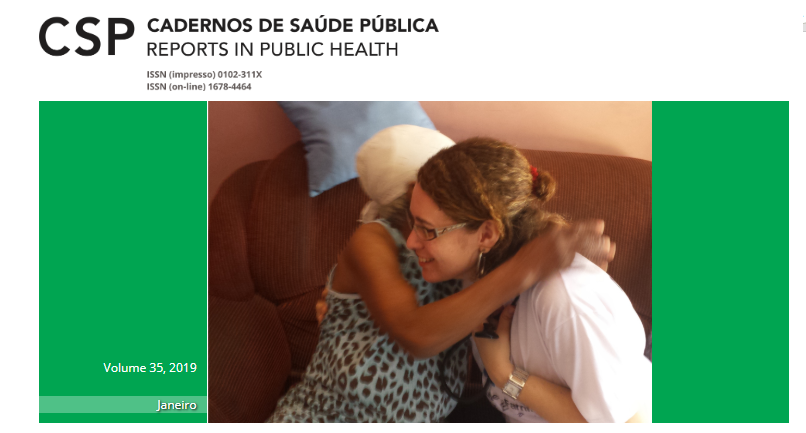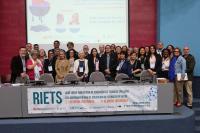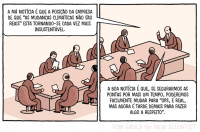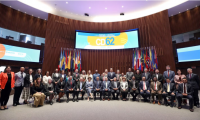'Reports in Public Health' opens 2019 debating Primary Health Care in several countries

The Reports in Public Health opens 2019 with numerous challenges for health policy and SUS. The January edition contains, in its Doctors in Primary Health Care (PHC) space, four articles that reflect on the experience and dilemmas of the profession of doctors in the health systems of Portugal, Brazil, Canada and Chile.
In the editorial of this fascicle, the CSP publishers, Luciana Dias de Lima, Marilia Sá Carvalho and Cláudia Medina Coeli, emphasize that "physicians and their representative organizations occupy a central place in the construction trajectories of public health systems. At the international level, comparative studies emphasize the importance of the relations between the state and medical organizations for different health policy orientations and paths in specific institutional contexts".
In Brazil, according to the CSP editorial, the subject has been the object of many works that analyze physicians' political practice, influences and positions in different historical moments, such as 1920 and 1930, 1970 and 1980 and during the initial implementation of the Brazilian Unified National Health System (SUS, in Portuguese) in the early 1990s. “Beginning in 2013, when the More Doctors Program (PMM, in Portuguese) was launched, these analyses once again became the focus of attention in the Collective Health agenda, showing confrontations between the government and the medical establishment in the process of formulating and implementing this policy.”
“Among the 2019's challenge of guaranteeing the replacement of more than 8,000 physicians who began to leave the country in November 2018 due to the end of the technical cooperation agreement between Cuba and Brazil, mediated by the Pan-American Health Organization, within the scope of the PMM”, says the editorial. According to a technical statement released by the Brazilian Public Health Association (Abrasco, in Portuguese), the departure of the Cuban physicians jeopardizes the health care of more than 23 million people living in 2,800 cities, places that stand out due to high indicators of poverty, needs and difficulty accessing primary health care (PHC) services.
"In order to meet the needs created by the Cuban professionals' departure, the Health Ministry has opened a selection process that seeks to fill the vacancies with Brazilian physicians, in the cities included in the program. However, in early December 2018, information released by the Ministry reveals that, of the 34,653 physicians who had signed up, only 3,276 had begun to work and, of these, the number who quit was quite significant.”
Articles of thematic space:
The Portuguese family physician: a narrative - authors: André Rosa Biscaia, Amanda Cavada Fehn, António Pereira
The practice of Family and Community Medicine in Brazil: context and perspectives - authors: Giliate Cardoso Coelho Neto, Valeska Holst Antunes, Aristides Oliveira
Primary health care in Canada: current reality and challenges - authors: José Ricardo de Mello Brandão
Perspective of Family medicine in Chile: challenges for professional practice - author: Ana Maria León Romero
40 years on. Has the vision of Alma-Ata been realized? - author: Martin Roland
To access full articles, click here.



